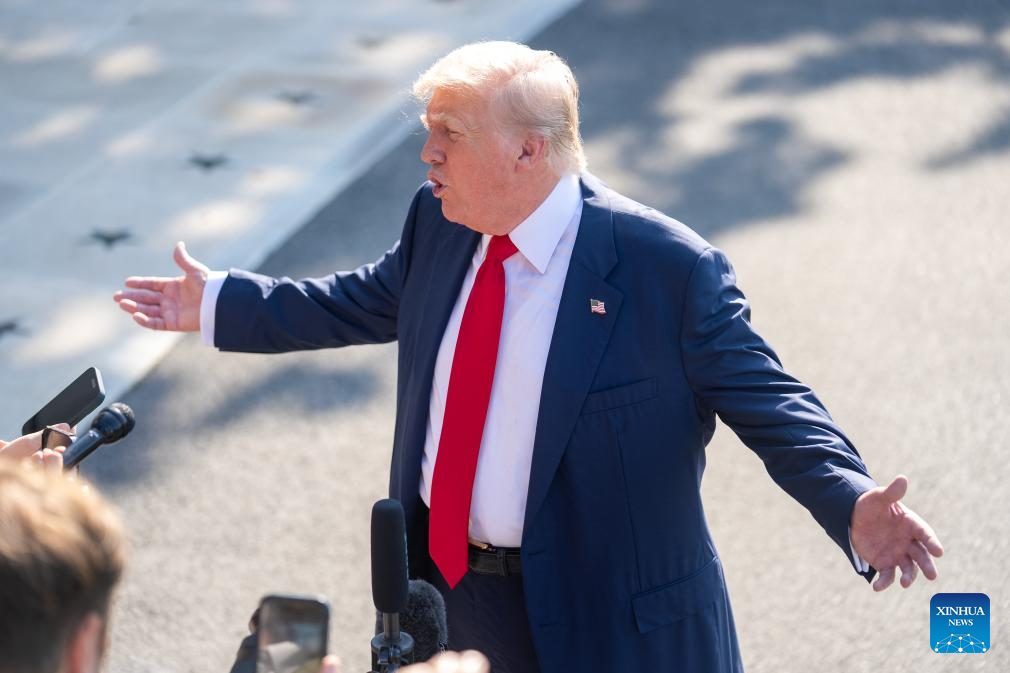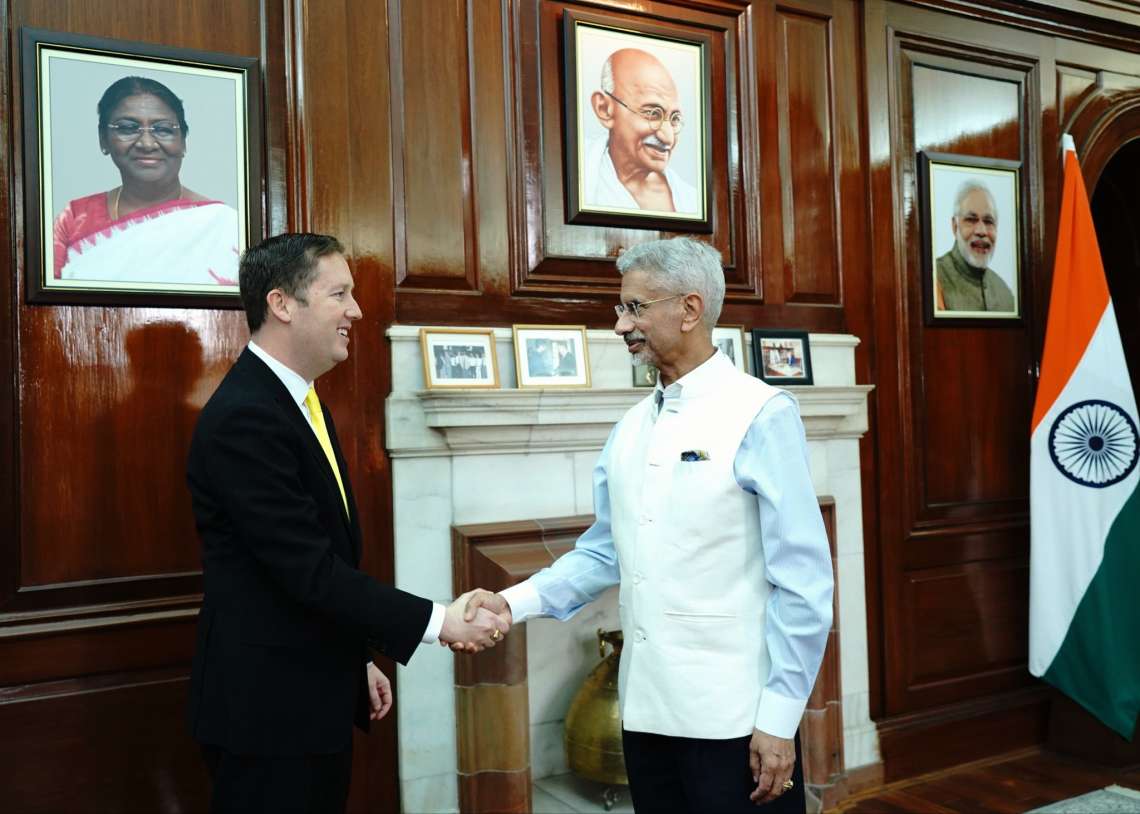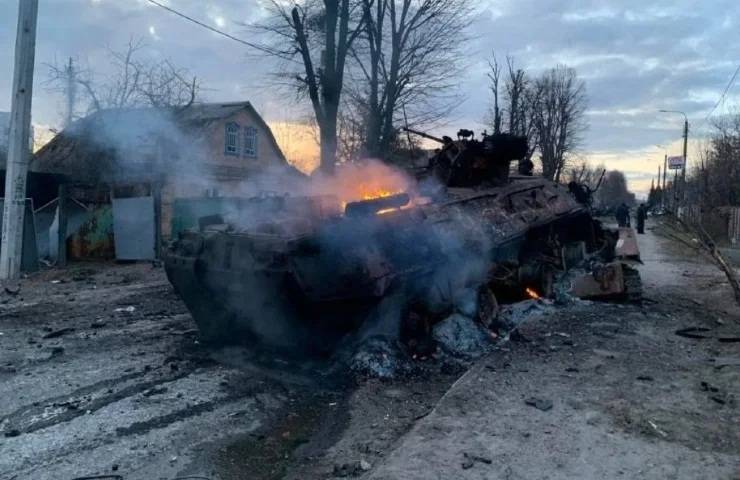Amid the Russia-Ukraine war, the present stalemate over the EU-China investment deal is a dramatic reversal of fortune…reports Asian Lite News
A day after the EU warned Beijing against allowing Moscow to work around measures imposed due to its invasion of Ukraine, Chinese Ministry of Foreign Affairs European Affairs Director-General Wang Lutong on Saturday said that Beijing is contributing to the global economy by conducting normal trade with Russia.
“China is not a related party to the crisis of Ukraine. We don’t think our normal trade with any other country should be affected. We oppose sanctions, and the effects of these sanctions also risk spilling to the rest of the world, leading to wars of the currency, wars of trade and finance, and also risk jeopardizing the supply chain and industrial chain and globalization,” he said as reported by Taipei Times.
Amid the Russia-Ukraine war, the present stalemate over the EU-China investment deal is a dramatic reversal of fortune.
The bilateral relationship between Brussels and Beijing has deteriorated as the April 1 meeting approaches. Last week, diplomats met in Brussels to plan the agenda for the next summit: the main topic was Russia’s war on Ukraine, and how to persuade China to help Ukraine, not if, but how, reported The HK Post.
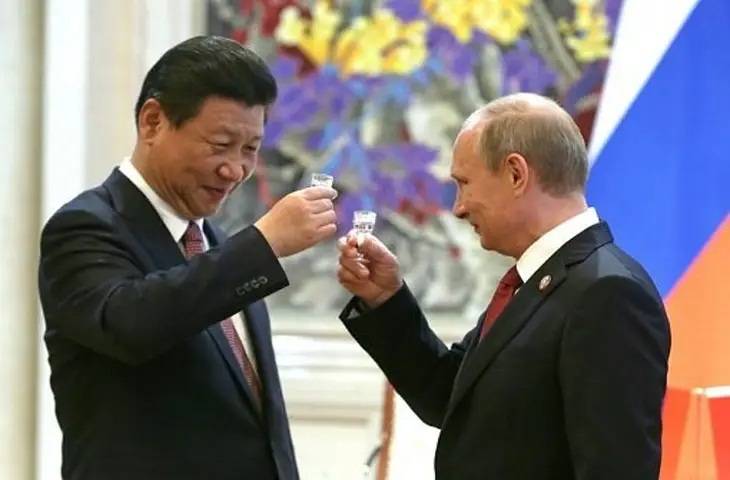
Another hot topic will be China’s coercive measures against EU member Lithuania over the latter’s decision to create a Taiwanese representative office, which has led to a World Trade Organization complaint against Beijing.
“We realize we are in a delicate moment with China,” EU trade commissioner Valdis Dombrovskis remarked recently, referring to the next virtual summit between Brussels and Beijing on April 1. For both sides, the meeting comes at an inconvenient and unpleasant time.
The EU’s 27 member states are “rethinking” their ties with Beijing in light of Russia’s recent invasion of Ukraine and China’s unwillingness to criticize it in a “new global environment.”
Ratification of the widely lauded EU-China Comprehensive Agreement on Investment (CAI) appears to be less assured than ever before and is unlikely to happen in recent times, reported The HK Post.
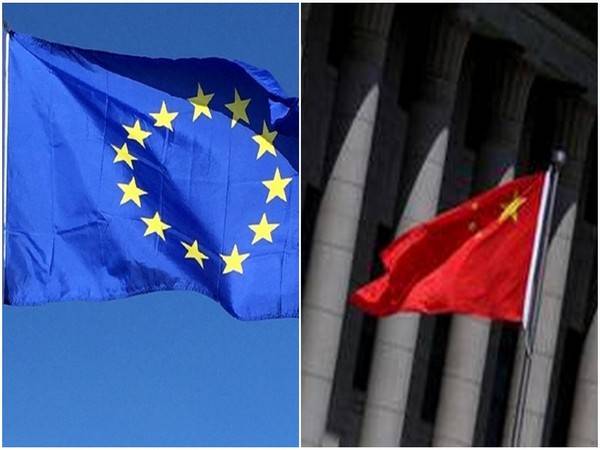
Since the end of discussions in December 2020, the EU-China investment deal has had a bumpy road. Members of both the former Trump and new Biden administrations in the US condemned the agreement at the time, claiming that it did not go far enough to address China’s use of forced labour, among other concerns. The agreement’s ratification began to unravel soon after, in March 2021, when the EU sanctioned four Chinese officials implicated in Xinjiang detention facilities.
Beijing retaliated by implementing a slew of punitive penalties against various EU officials and agencies, prompting Brussels to put the ratification talks on hold in May, reported The HK Post.
“We cannot overlook the larger backdrop of ties between the EU and China,” Dombrovskis remarked at the time.
To make matters worse, the investment deal’s most ardent supporter in Europe, German Chancellor Angela Merkel, has now resigned, further putting the historic EU-China investment agreement in jeopardy. Currently, the Chinese propaganda machinery is busy pumping out articles claiming “EU should not let ‘external influences’ derail the agreement, asking it to abandon its “cold war mentality”. (ANI)




